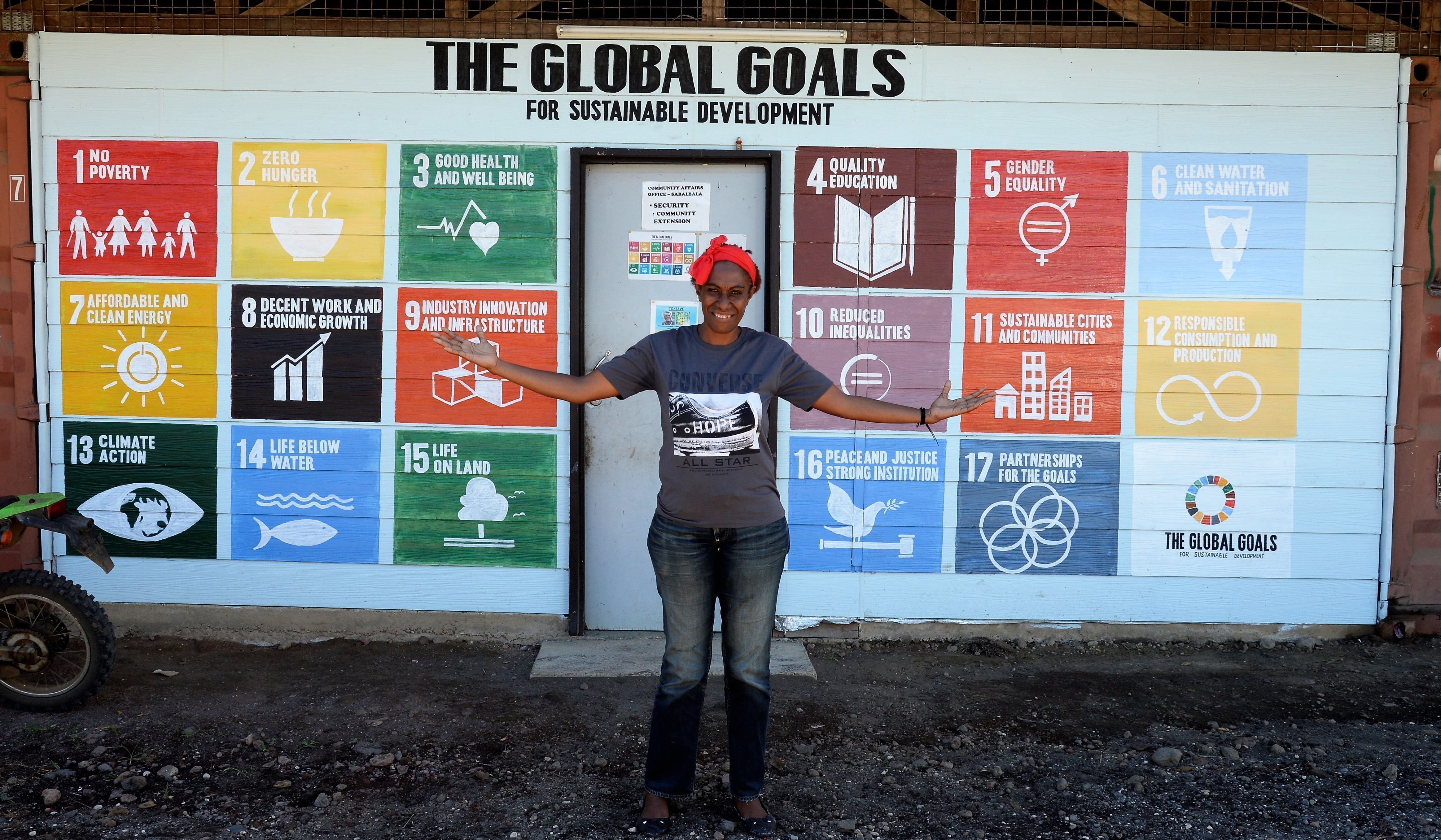- SIPEF
- Sustainability
- Sustainability Approach
Sustainability
- Sustainability Approach
- Certifications
- Traceability & Supply Chain Management
- Positive Social Impacts
- Best Management Practices
- Research & Development
- No Deforestation
- Smallholders
- Biodiversity Projects
- SIPEF Corporate Policies
- Sustainability Reports
- Grievances - SIPEF group
- Report a grievance
- Links
Sustainability Approach
SIPEF was first established in 1919, and the adoption and continuous improvement of practices have been a central part of its identity for more than 100 years. With its wealth of experience, the Group works to consistently produce high-quality and fully traceable palm oil products and bananas, while preserving natural ecosystems, engaging in fair labour practices, and providing support for local communities.
Sustainability Policies
SIPEF has made a top-down commitment to ensuring its business activities make a positive contribution to the environment, society and local economies. This includes managing plantations and operations in an environmentally and socially responsible manner, as well as creating employment and development opportunities in the rural and remote areas in which it operates. SIPEF believes that producing commodities, which are fully traceable to source and certified by third parties, is fundamental to sustainable land use.
The Group’s sustainability strategy is implemented through its two main policies:
In addition to RPP and RPuP, SIPEF is also committed to other sustainability-related corporate policies.
Sustainability Governance Structure
SIPEF’s sustainability governance structure is designed to appropriately manage the implementation and constant evolution of its sustainability commitments, from board level to subsidiary level:
SIPEF BOARD OF DIRECTORS
Ultimate responsibility for sustainability lies at board level. The full board reviews progress made by SIPEF based on sustainability rankings and ratings, certification progress, and internal risk assessments and reporting. A sustainability briefing paper is provided to the board of directors at least twice a year and the board discuss material ESG topics during its strategic board meeting once a year.
SIPEF EXECUTIVE COMMITTEE
The SIPEF executive committee is responsible for overseeing the implementation and progress of the Group’s sustainability strategy. Sustainability is led from the executive committee level by the chief operating officer Asia-Pacific (COO APAC), with a strong background in sustainability.
SIPEF GLOBAL SUSTAINABILITY TEAM
The global sustainability team is focused on ensuring that SIPEF’s sustainability strategy, policies and communications are consistent with the evolving expectations and requirements of key stakeholders. This includes coordinating internal and external reporting on the Group’s sustainability performance. The team is managed by the group director sustainability and overseen by the COO APAC.
REGIONAL SUSTAINABILITY TEAMS
Three teams are in charge of the implementation of SIPEF’s sustainability strategy and policies at subsidiary level in Indonesia, Papua New Guinea and Côte d'Ivoire.
1/ The Indonesian team is led by the director of sustainability in Indonesia, and is spread across four locations: the Medan Head Office, North Sumatra, Bengkulu and Musi Rawas (South Sumatra).
2/ The team in Papua New Guinea consists of a sustainability head of department and experts focused on different areas of sustainability at Hargy Oil Palms Ltd (HOPL).
3/ The team in Côte d'Ivoire is led by a sustainability manager, and is made up of experts and sustainability assistants (one at each site).
4/ The group director sustainability oversees the regional teams together with the respective regional executive committees and reports directly to the SIPEF executive committee.
Sustainable Development Goals
Agribusinesses like SIPEF play an important role in achieving the United Nations Sustainable Development Goals (SDGs) through the production of sustainable agricultural commodities. SIPEF’s contributions to the SDGs at target level can be viewed here.
